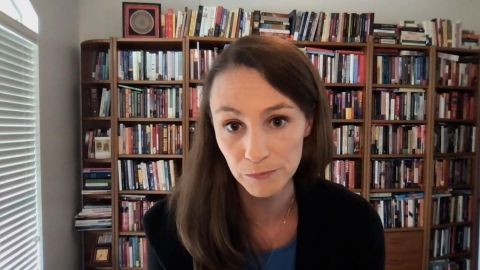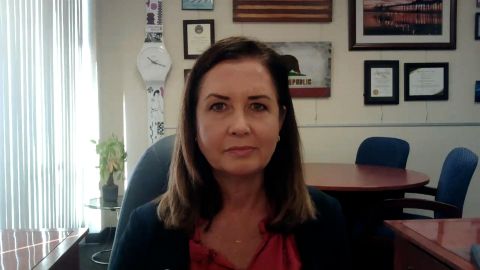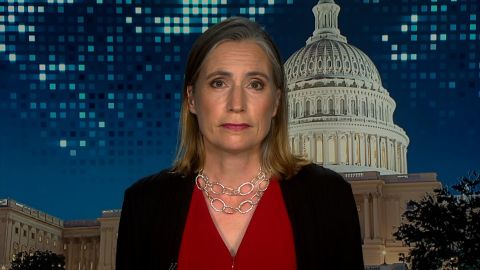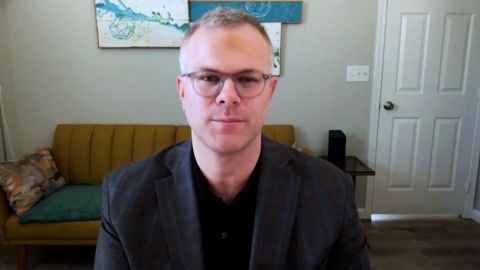Read Transcript EXPAND
BIANNA GOLODRYGA: Is our democracy more at risk of being harmed and divided today than it was two years ago, in your opinion?
FIONA HILL, FORMER SENIOR DIRECTOR, U.S. NATIONAL SECURITY COUNCIL: Well, I think the risks are increasing, Bianna, absolutely, in large part, it’s because of the events that you were just reminding us all of and January 6th. I’m just speaking to you just a few blocks away from the Capitol building, everything looks very peaceful there. But behind the scenes, of course, these same sentiments that were stirring people to want to storm the Capitol building, the house of the people of the United States and the United States Congress, as if it was some kind of enemy citadel, are still there. And in large part that’s because of the lies that continue to be spread around by president Trump and many of the members of Congress from the Republican Party, that president Trump won the 2020 election, not President Joe Biden. So we’re still in a really precarious situation. And when a large portion of the population believes a lie and is mobilizing against the back of that, that’s when a democracy, no matter where it is around the world, is in serious trouble.
GOLODRYGA: And you try to examine the root of the lie there and how the U.S. could become so vulnerable to it, so many years after you had come to this country, seeking the opportunities that were denied to you in another democracy, the United Kingdom. And you have come to the conclusion that a lot of it lies with the lack of social mobility that you experienced and your family experienced for generations in the U.K. and that you see — and others and even Donald Trump was able to pick up on here in the United States. Tying that with access to education, why do you think those two issues are so key to trying to figure out why this country is where it is now?
HILL: Well, the access to education is probably the most critical element of all here. Obviously we know, the more people have a chance to be exposed to knowledge, to make up their minds for themselves, you know, the whole larger educational opportunity this opens up for knowledge, not just for skill acquisition, the more likely they are to be more discerning about the information that politicians and many of us provide to them. What is very disturbing today in the United States is that large majorities of the population think that education is not for them. It’s become a marker of class in the United States. It’s become the dividing line between haves and have-nots. It’s been the dividing line about whether you’re going to have a job in the new modern technological economy or you’re not. So education is one of those primary issues that we have to address. It’s one of the underpinnings of our democracy and it’s one of the proofs against the crisis that we’re in right now.
About This Episode EXPAND
Fiona Hill; Kim Carr; Sheena Greitens; Ryan Hampton
LEARN MORE



